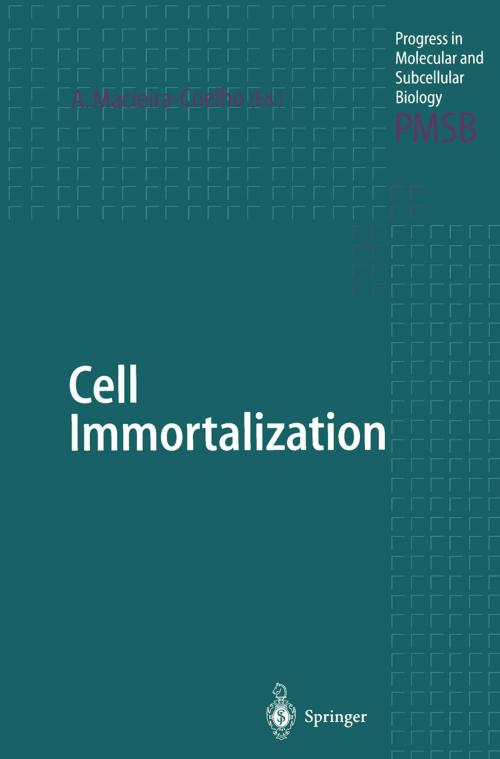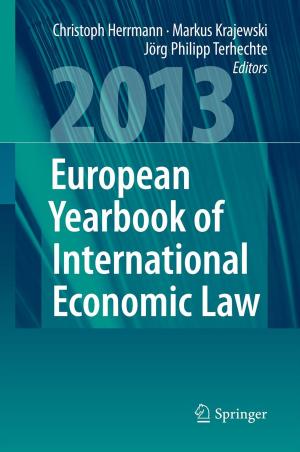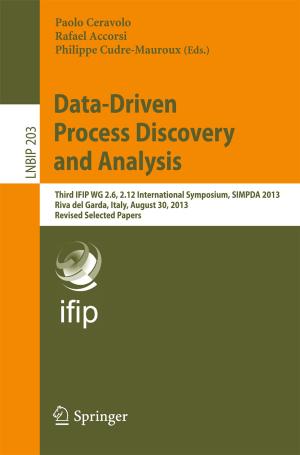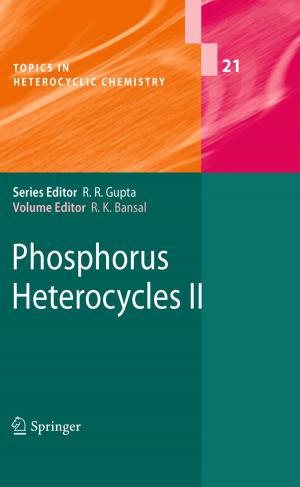Cell Immortalization
Nonfiction, Science & Nature, Science, Other Sciences, Molecular Biology, Health & Well Being, Medical, Specialties, Oncology| Author: | ISBN: | 9783662062272 | |
| Publisher: | Springer Berlin Heidelberg | Publication: | April 17, 2013 |
| Imprint: | Springer | Language: | English |
| Author: | |
| ISBN: | 9783662062272 |
| Publisher: | Springer Berlin Heidelberg |
| Publication: | April 17, 2013 |
| Imprint: | Springer |
| Language: | English |
The problem of the long-term proliferation of cells is a seminal one. It has always been a hot subject in biology, a source of far-reaching hypotheses, even more so now when explanations for the mechanisms of cell prolifera tive mortality or immortality seem within our reach. A question which is still debated is whether an infinite division potential can be a normal trait or is always the result of modifications leading to abnormal cell growth and escape from homeostasis. In general, investigators have been advocates of one of the two extremes, universal limited or unlim ited normal proliferative potential. Since the long-term proliferative potential of cells concerns regulation of development, regeneration of tissues, and homeostatic control of cell growth, in brief survival of living organisms, and since the regulation of these processes is so different along the evolutionary scale, it is not surpris ing that there does not seem to be any universal trait. The question of whether cells are endowed with finite or infinite prolifera tive phenotypes has to be seen using the perspective of comparative biology.
The problem of the long-term proliferation of cells is a seminal one. It has always been a hot subject in biology, a source of far-reaching hypotheses, even more so now when explanations for the mechanisms of cell prolifera tive mortality or immortality seem within our reach. A question which is still debated is whether an infinite division potential can be a normal trait or is always the result of modifications leading to abnormal cell growth and escape from homeostasis. In general, investigators have been advocates of one of the two extremes, universal limited or unlim ited normal proliferative potential. Since the long-term proliferative potential of cells concerns regulation of development, regeneration of tissues, and homeostatic control of cell growth, in brief survival of living organisms, and since the regulation of these processes is so different along the evolutionary scale, it is not surpris ing that there does not seem to be any universal trait. The question of whether cells are endowed with finite or infinite prolifera tive phenotypes has to be seen using the perspective of comparative biology.















